Current Dissertations
Filozofia - New Supplement
|
Bratislava : Filozofický ústav SAV, v. v. i., 2023
From the table of content: HORYNA, Břetislav MENDES, João Ribeiro PARKES, Graham COECKELBERGH, Mark SANKOWSKI, Edward and HARRIS, Betty J. |
Latest Monographs
Young Philosophy 2023 Conference Proceedings
|
Bratislava : Institute of Philosophy, Slovak Academy of Sciences, v. v. i. 2023
This volume of Young Philosophy Conference Proceedings presents some of the texts, which were delivered at the XVIII annual international conference for Ph.D. students and young researchers, at the Institute of Philosophy of the Slovak Academy of Sciences, v.v.i. The editors have made a careful selection of papers that they think capture best the spirit of this conference. Their aim with this anthology is two-fold. First, to provide insight into the variety of engaging topics, which were explored. Second, it is their hope that these proceedings will inspire more researchers to participate in Young Philosophy in the future. It does not matter if you are a veteran or a new-comer, we want to hear all your voices. In the meantime, enjoy this selection, which we hope, will provide ample “food for thought”. |
Contact
Institute of Philosophy SAS, v.v.i.
Klemensova 19
811 09 Bratislava 1
Slovak Republic
Tel.: +4212 5292 1215
E-mail: sekretariat.fiu@savba.sk
Home page
Address for correspondence:
Filozofický ústav SAV, v. v. i.
P. O. Box 3364
813 64 Bratislava
Slovak Republic
Journal Filozofia
Institute of Philosophy SAS, v.v.i.
Filozofia Editorial Office
Klemensova 19
811 09 Bratislava 1
Slovak Republic
Tel.: +4212 5292 1215
E-mail: redakcia.filozofia@savba.sk
Home page
Address for correspondence:
Filozofický ústav SAV, v. v. i.
Filozofia Editorial Office
P. O. Box 3364
813 64 Bratislava
Slovak Republic
Journal Organon F
Institute of Philosophy SAS, v.v.i.
Organon F Editorial Office
Klemensova 19
811 09 Bratislava 1
Slovak Republic
Tel.: +4212 5292 1215
E-mail: organonf@gmail.com
Home page
Address for correspondence:
Filozofický ústav SAV, v. v. i.
Organon F Editorial Office
P. O. Box 3364
813 64 Bratislava
Slovak Republic
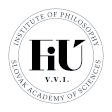
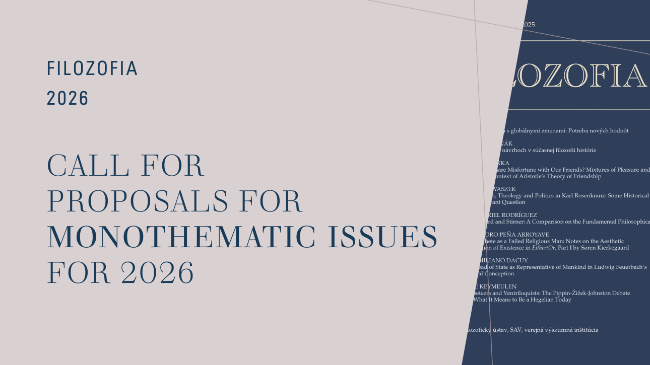
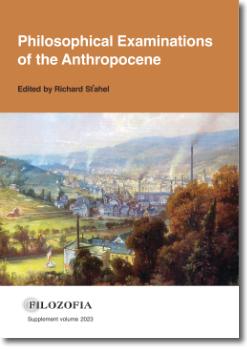

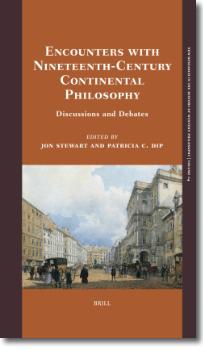
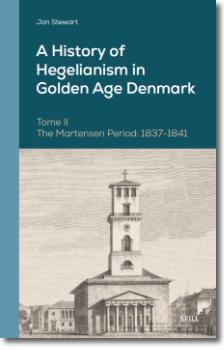
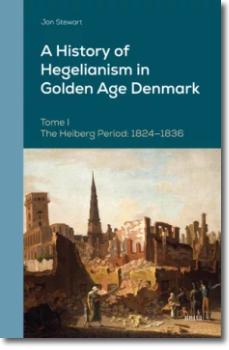
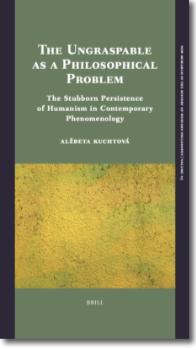

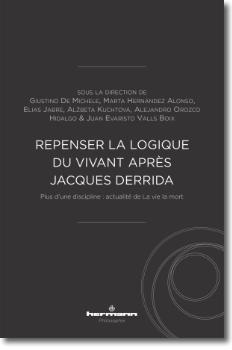
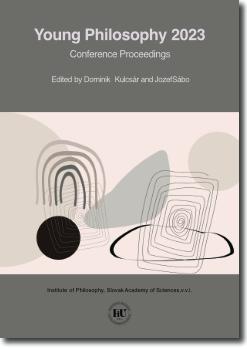
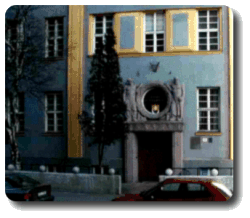 Institute of Philosophy was founded in 1946 as a part of Slovak Academy of Sciences and Arts. In 1953, when Slovak Academy of Sciences was established, the Institute became its member. In 1975 the Institute was merged with the Institute of Sociology under the heading Institute of Philosophy and Sociology of Slovak Academy of Sciences.
Institute of Philosophy was founded in 1946 as a part of Slovak Academy of Sciences and Arts. In 1953, when Slovak Academy of Sciences was established, the Institute became its member. In 1975 the Institute was merged with the Institute of Sociology under the heading Institute of Philosophy and Sociology of Slovak Academy of Sciences.
